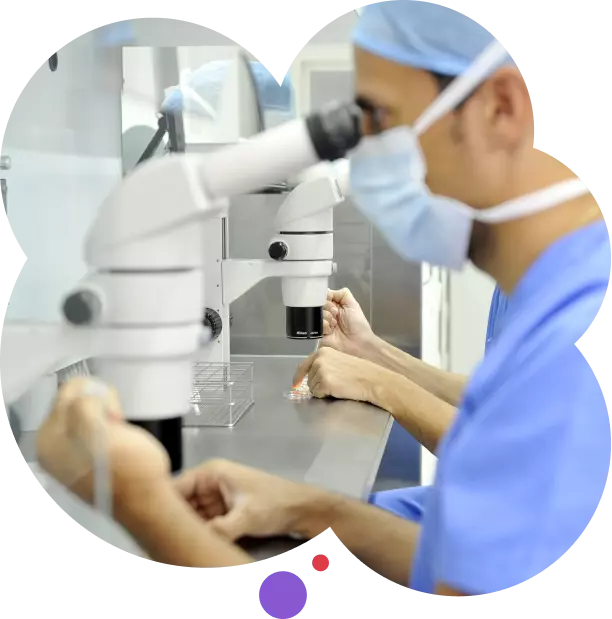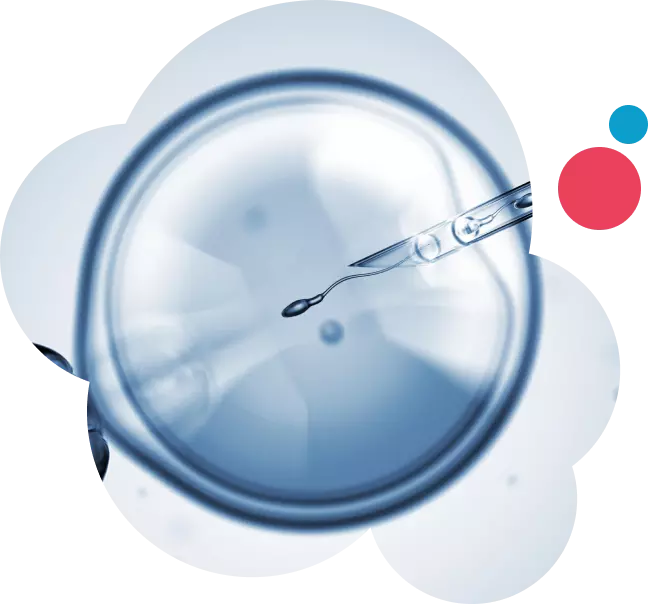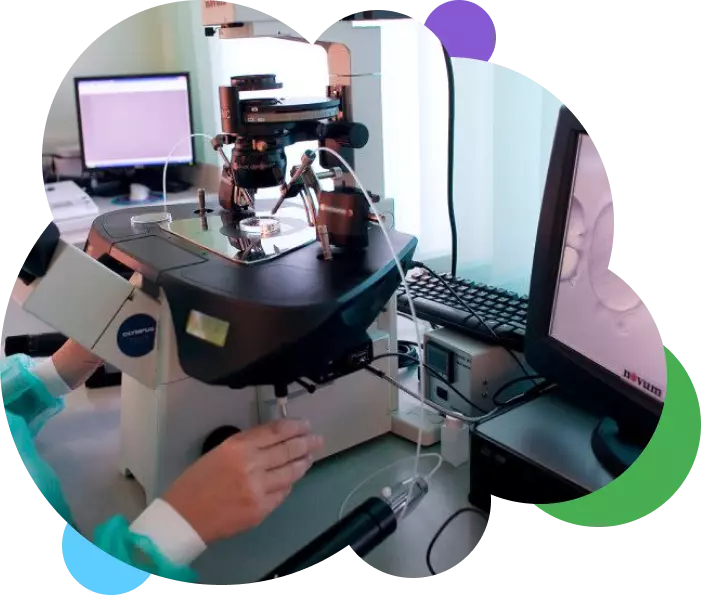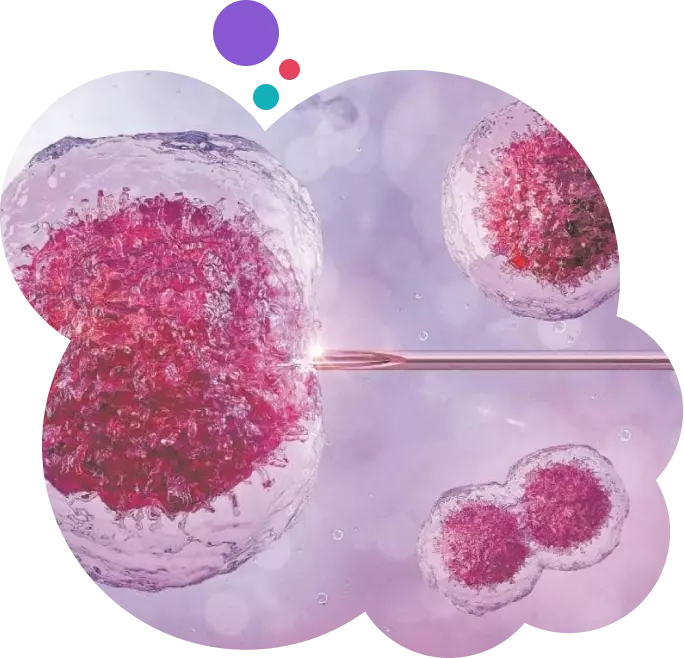
Intracytoplasmic Sperm Injection (ICSI) is a highly specialized assisted reproductive technology designed to help individuals and couples struggling with male infertility. This technique is particularly effective when sperm quality or quantity is a concern, offering a pathway to achieve pregnancy that might not be possible with traditional methods.

ICSI is a form of in vitro fertilization (IVF) where a single sperm is directly injected into an egg. This process bypasses many of the natural barriers to fertilization, making it an excellent option for cases where sperm have difficulty penetrating the egg on their own.
It is a highly specialized technique in assisted reproductive technology, designed to help overcome male infertility issues like low sperm count or poor sperm motility. During ICSI, an embryologist selects a single, healthy sperm and directly injects it into the egg to achieve fertilization.
This method is often employed when conventional IVF fails to produce the desired results, especially in cases of male infertility. By bypassing natural barriers, ICSI maximizes the chance of egg fertilization. It is a crucial part of many fertility treatments worldwide.


ICSI (Intracytoplasmic Sperm Injection) is suitable for:
This technique offers a solution for various fertility challenges, improving the chances of successful conception.
ICSI offers several advantages, including:
This technique offers a solution for various fertility challenges, improving the chances of successful conception.


While ICSI has revolutionized the field of reproductive medicine, it is important to be aware of potential considerations:
ICSI is a remarkable advancement in reproductive technology that has brought hope to many families facing infertility challenges. If you think ICSI might be right for you, consult with our experienced team at Feto IVF, Coimbatore. We are here to guide you through every step of your journey towards parenthood.
No, the procedure itself is painless for both partners, though egg retrieval may involve mild discomfort.
The actual ICSI injection takes only a few minutes, but the overall process spans several weeks including egg retrieval and embryo transfer.
While ICSI improves the chances of fertilization, pregnancy success depends on other factors like egg quality and uterine health.
Yes, ICSI is generally safe. The risk of birth defects is similar to that of traditional IVF procedures.